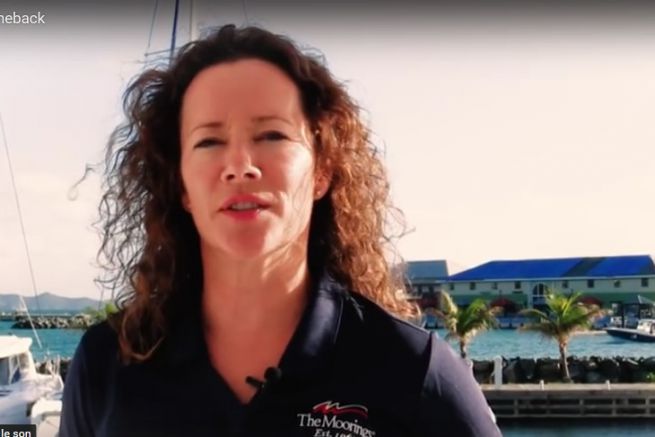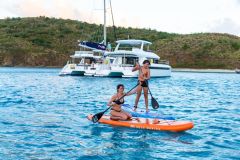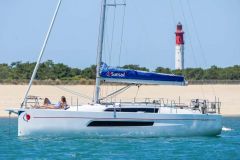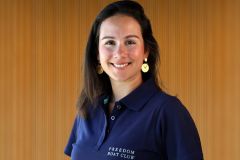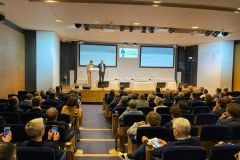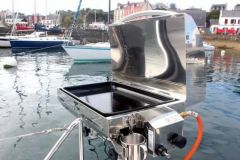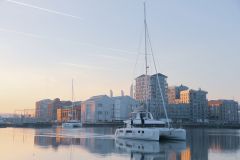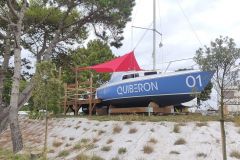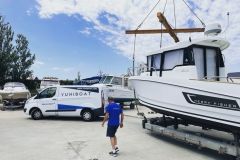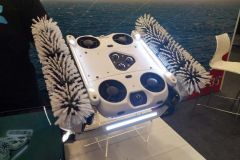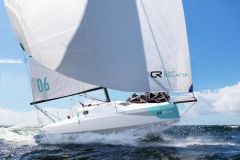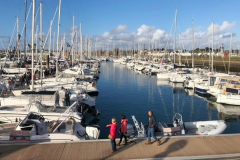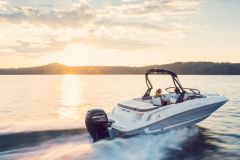While Sunsail - The Moorings, one of the leading boat rental companies in the Caribbean has reopened its bases in St. Martin and the British Virgin Islands (BVI), Josie Tucci, its Vice President, answers questions from BoatIndustry.
To begin with, what is the situation for Sunsail-The Moorings today, almost 6 months after Cyclone Irma hit the northern Lesser Antilles?
Josie Tucci: We have the same number of open bases as before the cyclone. The BVI and Saint-Martin reopened. There's even an extra one for The Moorings in Antigua. Rentals have resumed everywhere.
What about the fleet of boats and the personnel?
J T: In Saint-Martin, we have gone from 40 boats before Irma to 15 at present, which is enough for the current demand. In the BVI, there were 400 boats before the cyclone. 130 units were permanently lost and about 130 were in need of repair. Thanks to our private site on site, we were able to start repairing very quickly. There were 130 boats available for reopening in December 2017. We expect to have all repairs completed by fall 2018.
The reduction in the fleet has forced a slight reduction in personnel. At the BVI we were able to keep almost everyone. We're hoping to start up again soon to re-hire.
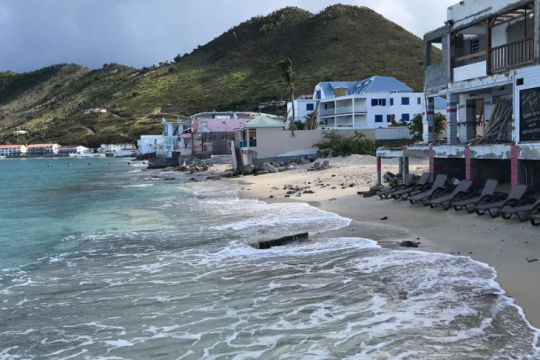
Grand Case, Saint-Martin, February 2018
For shore-based infrastructure, what was the damage?
J T: At the BVI, the marina and the yard belong to The Moorings. We had built a Moorings village in 2016 which held up very well. Only the roofs of a few homes have suffered. The hardest part was the cleanup. On the other hand, the marina at Oyster Pound in Saint Martin, where our base was, was completely destroyed. So we reopened on a new site, in the marina of Fort-Louis, in Marigot in the French part of the island. The area had been much less affected, as the rapid rise of water finally protected it. So it could be done quickly.
Are you thinking of returning to Oyster Pound?
J T: We'll see. The new base is very well located, closer to the airport. Oyster Pound, which straddled the French and Dutch areas, presented difficulties. Governments had to agree on all works such as dredging, which were not done. I think we're in Marigot for a little while.
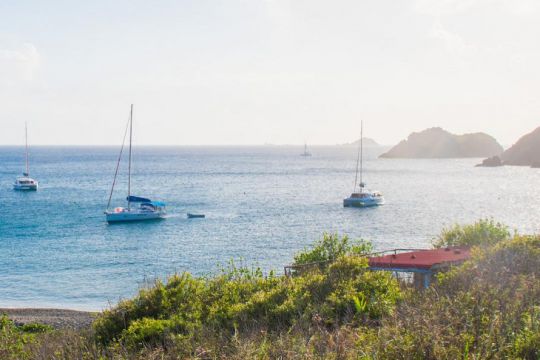
Anchorage in Saint-Martin
How is the beginning of the season going? Are tourists coming back?
J T: In Saint-Martin, our first customer, who left on 7 February, has just returned and he is delighted. Life has resumed in many places. At the BVI, where the closure lasted only 3 months, we were able to keep the reservations planned before the cyclone. The American market has allowed a very rapid recovery, thanks to good returns. Today, it's not us who do the communication, but the customers on the social networks.
What lessons have you learned from the cyclone?
J T: We are working on it. The problem is to predict the route of the cyclone. In 50 years at BVI, this is the first time we have been directly affected by a hurricane. We have a very precise internal procedure for managing the fleet and customers in the event of an alert. Tortola's cyclone hole is very reliable. Should part of the fleet be sent elsewhere in the Caribbean during the hurricane season? It's just something to think about.
